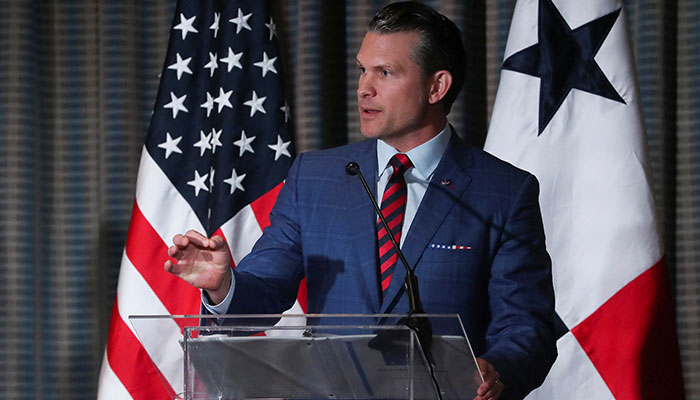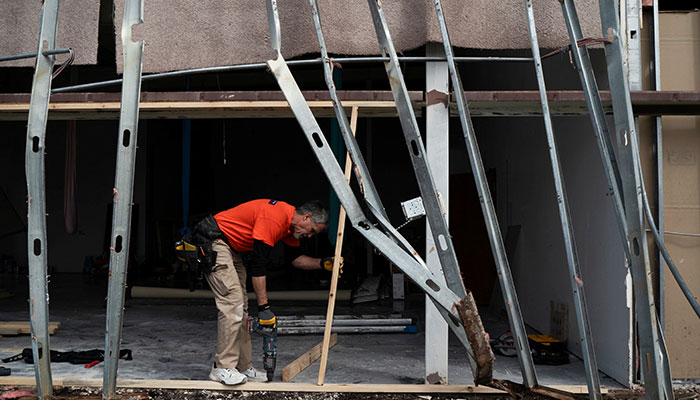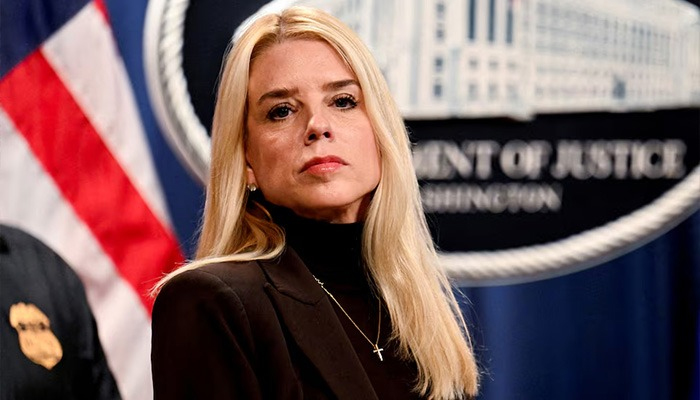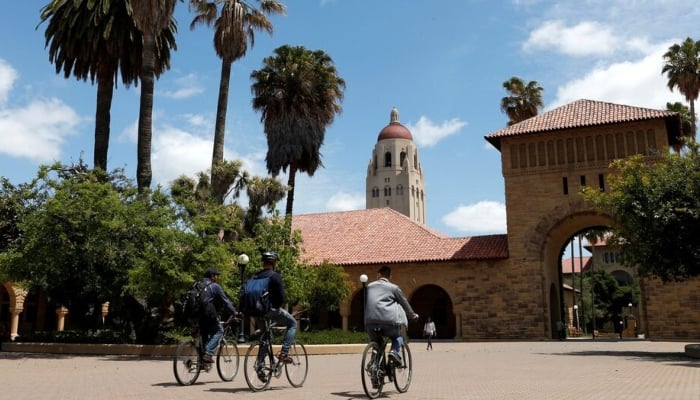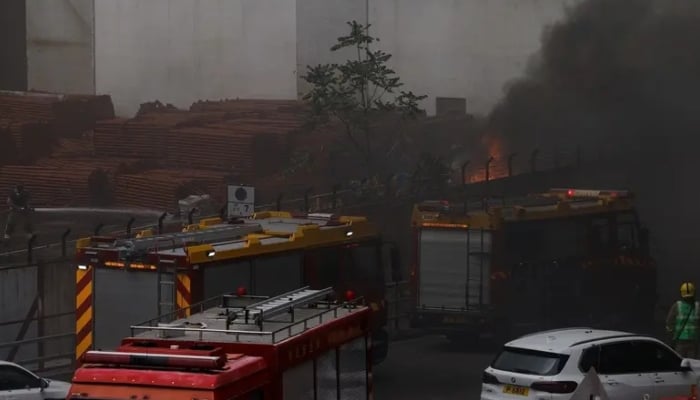PANAMA CITY: The Pentagon chief has said that it is for Iran to interpret whether the recent deployment of the B-2 bombers to a US-British base in the Indian Ocean is intended as a message, amid ongoing efforts to address the country’s nuclear programme.
As many as six B-2 bombers were relocated in March to a US-British military base on the Indian Ocean island of Diego Garcia, US officials told Reuters, amid a US bombing campaign in Yemen and rising tensions with Iran.
There are only 20 B-2 bombers in the Air Force’s inventory, so they are typically used sparingly.
Experts say the B-2s, which possess stealth technology and can carry the heaviest US bombs and nuclear weapons, are ideally placed to operate in the Middle East.
When asked if the B-2 deployment was meant as a message to Iran, US Defence Secretary Pete Hegseth responded: “We’ll let them decide.”
“It’s a great asset … it sends a message to everybody,” he told reporters during a visit to Panama.
“President Trump’s been clear … Iran should not have a nuclear bomb,” he said. “We very much hope – the President is focused on doing that peacefully.”
On Monday, Trump made a surprise announcement that the United States and Iran were set to begin direct talks on Tehran’s nuclear programme on Saturday. He warned that Iran would be in “great danger” if the talks failed.
Iran, which had resisted Trump’s demands in recent weeks, said indirect talks would take place in Oman, highlighting the gulf between the two sides.
On Wednesday, Trump reiterated a threat to use military force if Iran refused to abandon its nuclear ambitions.
“I’m not asking for much … but they can’t have a nuclear weapon,” Trump told reporters.
He declined to say when any military action might begin.
Although B-2 bombers have previously been used to strike Houthi targets in Yemen, many experts believe deploying the stealth aircraft there is overkill.
However, the B-2 can carry the 30,000-pound GBU-57 Massive Ordnance Penetrator – a weapon designed to destroy deeply buried targets. Experts believe this could be used to target Iran’s nuclear infrastructure.
Western powers accuse Iran of secretly trying to develop nuclear weapons by enriching uranium to levels beyond what is needed for civilian energy purposes.
Tehran insists its nuclear programme is purely for generating electricity and other peaceful purposes.

